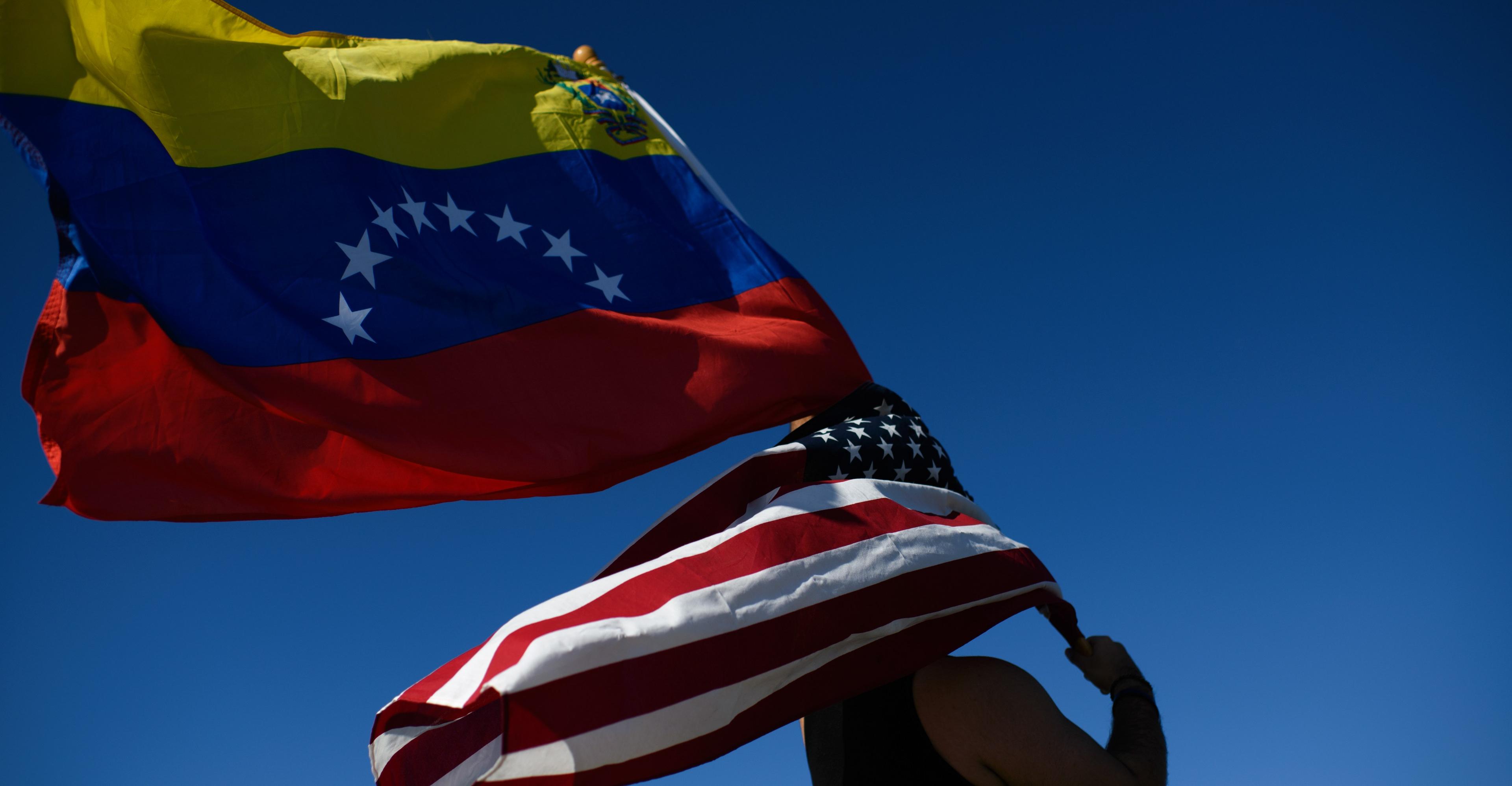The domestic consumers, in AJK, pay between Rs3 to Rs6 per unit, while in other regions, the rates start at Rs6.72 and can go up to Rs35.26 per unit while users in AJK are charged Rs10 to Rs15 per unit, compared to Rs40.8 to Rs46.56 per unit elsewhere in Pakistan

Lahore: The IMF may express concerns to Pakistan over the Prime Minister’s recent announcement to provide relief to AJK residents by subsidizing their power tariffs, which are significantly lower than the rest of the country.
In AJK, domestic consumers pay between Rs3 to Rs6 per unit, while in other regions, the rates start at Rs6.72 and can go up to Rs35.26 per unit. Commercial users in AJK are charged Rs10 to Rs15 per unit, compared to Rs40.8 to Rs46.56 per unit elsewhere in Pakistan.
These substantial disparities are worrying. Economists suggest the Pakistani government should properly brief the IMF to avoid issues. Dr. Naved Hamid, Director at the Center for Research in Economics and Business (CREB), believes the IMF might accept this disparity if Pakistan meets its primary goal of preventing an increase in circular debt. This means consumers in Punjab may have to bear higher power tariffs to subsidize AJK, as other regions like KP and rural Sindh often default on power bills, and Karachi operates outside this system.
Dr. Nadia Tahir mentioned that the finance minister aims to reduce the fiscal deficit by 1.5 percent in the upcoming budget through strategies such as imposing a petroleum levy, expected to generate Rs1.1 trillion, and selling state-owned enterprises. She emphasized that the Prime Minister’s relief package of Rs23 billion (about $8.2 million) for AJK is manageable for the federal budget and represents overdue water usage payments from 2018.
In 2023, the government increased the average generation tariff from Rs4.96 per unit to Rs3.85 per unit. AJK residents demand their water use charges and refuse to pay for federal inefficiencies. The Neelum-Jhelum Hydropower Project, supplying 969 MW to the national grid since 2018, underlines AJK's claim to a share in net hydro profits. The regulator’s decision to increase AJK’s water usage charges to Rs5.44 billion from Rs712 million in FY22 supports this claim.
Dr. Qais Aslam noted that the IMF’s main demands are revenue targets and controlled circular debt. While AJK is technically not part of Pakistan, and Pakistan does not pay it for water usage that generates electricity, the country can justify reduced tariffs for AJK. However, Dr. Qais argues that this is politically unfair to Punjab, which bears the highest taxes and power tariffs, while other provinces have higher power theft rates and often criticize Punjab.
How the IMF will handle this issue remains to be seen, especially given their recent statement from Washington criticizing Pakistan for not meeting agreed conditions. Dr. Qais suggested a uniform tariff across the country to ensure fair treatment for all regions.

Armed Forces remain steadfast in safeguarding country’s sovereignty: Field Marshal
- 20 hours ago

What actually is the “Donroe Doctrine”?
- a day ago

8BitDo’s new wireless Xbox controller has swappable ABXY button switches
- a day ago

Quetta: Prime Minister arrives at Governor House, briefed on provincial affairs and development projects
- 20 hours ago

Is this the folding iPhone’s creaseless display?
- a day ago

PM announces to launch major development projects in Balochistan
- 18 hours ago

This free feature helps make stolen Bosch e-bikes unsellable
- a day ago

How Trump brought the World Cup to America
- a day ago

Trump’s revenge campaign is now putting the entire Justice Department at risk
- 6 hours ago

Field Marshal meets Bangladesh air chief, reaffirms commitment to strengthen defense relations
- 18 hours ago

Trump’s immigration crackdown turns deadly in Minneapolis
- 6 hours ago

Air chief visits Saudi Arabia, pledges to strengthen defense cooperation
- 20 hours ago








